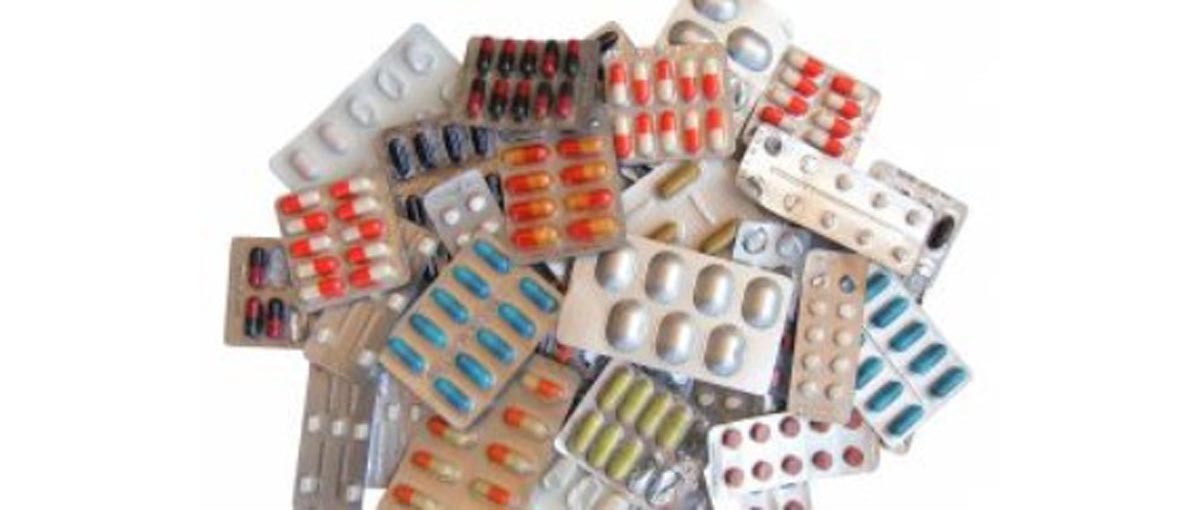Table of Contents
During 2011, five health problems reached epidemic proportions with almost no coverage in the news media. Here are five health trends that are catching us by surprise.
And here are five more worrisome health trends.
6. New HIV infections are increasing among Americans over the age of 50.
HIV was once a disease most associated with gay men in the United States. Later, it was recognized as an epidemic in Africa. By the 1990's, there were more new infections in heterosexuals than in homosexuals worldwide . And now the greatest increase in new infections with HIV in the United States is occurring in heterosexual white men and women over the age of 50 .
Why are heterosexuals over the age of 50 particularly at risk for acquiring HIV? Experts at the CDC cite unprotected sex. Approximately 60% of homosexuals over the age of 50 use barrier protection during sexual intercourse, but fewer than 15% of heterosexuals over the age of 50 use condoms during intercourse.
7. Ocean-borne petrochemical pollution encircles the globe.
The Deepwater Horizon oil spill in the Gulf of Mexico occupied the headlines for much of 2010, but equally dangerous but largely unreported oil spills occurred in 2011. Experts estimate that 1% of Russia's annual oil production is lost to spills every year. The 5 million tons of oil lost each year to poor rig management is equivalent to a Deepwater Horizon spill every other month, and more and more of this oil will find its way into the ocean ecosystems as the arctic melts.8. Millions of people are focused on the wrong radiation dangers.
Radiation leaks from the Sendai nuclear reactors after the March tsunami sent millions of Americans scrambling to buy potassium iodide pills —and ignoring a much larger radiation hazard. Small amounts of radiation from Sendai did reach the US, Canada, and even the UK after the March disaster. Over 20,000 times as much radiation, however, remains in the environment after open-air atomic testing in the 1950's and 1960's.Having potassium iodide pills on hand gives millions of people a false feeling of security. Potassium iodide only protects the thyroid and is only useful during the first few hours after a nuclear incident. The best thing you can do to protect yourself from the much greater dangers of residual radiation from nuclear testing is to eat a variety of fruits and vegetables providing a variety of antioxidants every day.
9. Deadly E. coli outbreaks continue to plague both the US and Europe.
Some strains of E. coli can cause potentially deadly infections, breaking down so much tissue that the kidneys fail as they struggle to process the toxins released . In both the United States and Europe, E. coli infections have been traced to contaminated water, in the US to spinach and salad greens, in Europe to sprouts. You can avoid E. coli contamination by growing your own sprouts with water you know to be clean, and by rinsing salad greens top and bottom in running water for at least 2 minutes, or by cooking before servings.10. Scientists have devised ways to accelerate the spread of the H1N1 flu virus.
Just before the holidays the news services carried reports that scientists have figured out ways to tweak the deadly H1N1 flu virus to make it spread more easily from person to person. While these studies will enable future development of vaccines, there is a fear that in the meantime this information could be used to make the virus an instrument for warfare or terrorism.- "US deaths from painkiller overdose surge to record," Reuter's Health, 1 November 2011 (Accessed 23 December 2011).
- Photo courtesy of sanofi-pasteur on Flickr: www.flickr.com/photos/sanofi-pasteur/5283859972/
- Photo courtesy of mgimages on Flickr: www.flickr.com/photos/rmgimages/4882443718/

